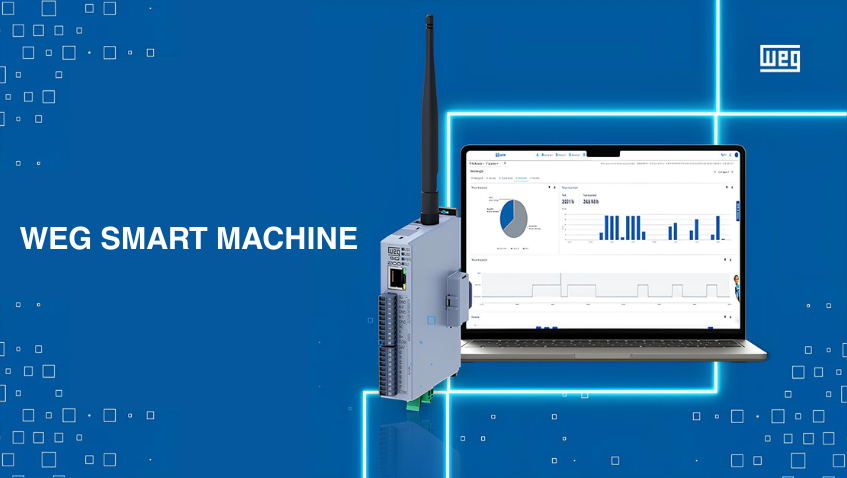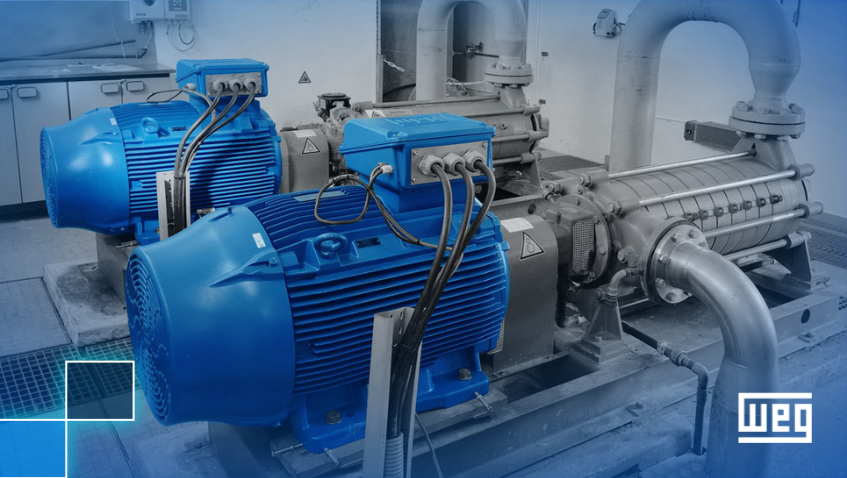Most readers will be surprised that over 40% of global electricity is consumed by electric motors, and even more surprised that the figure for South Africa is higher still, according to Zest WEG Group sales engineer Machiel de Bruyn.
“This is an indication that most farmers are not fully aware of how much their motors are costing them in electricity,” says De Bruyn. “In turn, this explains why many farms hang on to old, inefficient motors for longer than they should, thinking they are saving money.”
Farms incur particularly high electricity costs to drive pumps in energy-heavy functions like irrigation. While in previous decades, the price of electricity was much lower and less of an impact on the financial bottom line, rocketing energy costs in recent years have meant that the electricity bill is now a major factor in farm viability and profitability.
He says the cost of running a motor, even viewed over just 12 or 24 months, is many times greater than the motor’s original purchase price.
“Up to 90% of an electric motor’s cost of ownership relates to the power it consumes, so it may not make sense to keep repairing a low-efficiency motor in the belief that this is a cost-saving exercise,” he says. “In fact, modern high-efficiency motors can pay for themselves in a relatively short time, and then start saving the farm money into the future.”
An effective strategy employed by some of the country’s most successful farms has been to steadily replace the older, less efficient motors whenever they fail, instead of trying to constantly repair them. This approach provides an affordable way of working towards a lower-cost operation, without having to jettison existing assets.
Zest WEG Group was the first equipment supplier to move from IE2 compliant (high efficiency) to IE3 compliant (premium efficiency) motors, raising the bar with WEG’s fit-for-purpose design for the African market. Using even less electricity than the old IE2 units do, WEG IE3 motors were introduced at no additional cost to Zest WEG Group customers.
De Bruyn says many farmers have also reduced energy costs by installing variable speed drives (VSDs), which control the speed at which motors run depending on the required power output at any stage in the pumping cycle.
“Combining VSD technology with the new WEG IE3 motors gives farmers two of the best strategies for improving their cost structure in respect of power consumption for activities like irrigation,” De Bruyn concludes.






